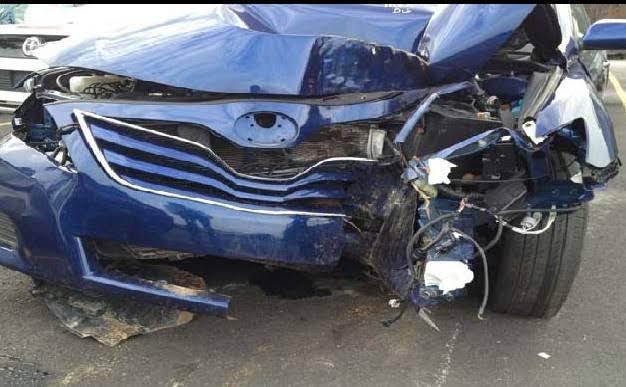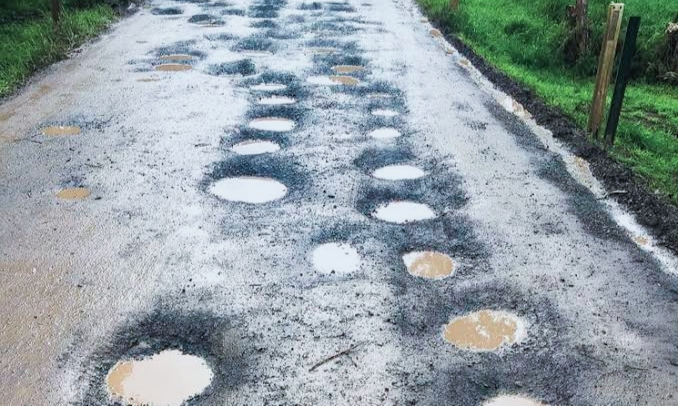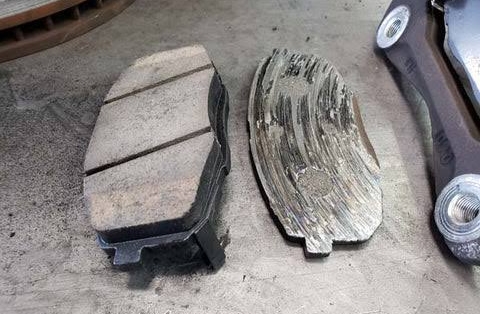Tips for car purchase
Risks of buying an accidented Car

Accidents happen. Whether it’s a minor fender-bender or a major collision, the aftermath can leave vehicles damaged and in need of repair.
In some cases, these accidented cars end up back on the market, posing both benefits and risks to potential buyers.
Understanding the implications of purchasing accidented cars is crucial for making informed decisions.
What are Accidented Cars?
Accidented cars, also known as salvage or rebuilt cars, are vehicles that have been damaged due to accidents, floods, fires, or other incidents.

These vehicles are typically declared a total loss by insurance companies because the cost of repairs exceeds the vehicle’s value.
However, some are repaired and put back on the market for sale.
The Pros and Cons
Before considering purchasing an accidented car, it’s essential to weigh the pros and cons:
Pros:
- Lower Cost: Accidented cars are often sold at significantly lower prices compared to their undamaged counterparts. This can be appealing for budget-conscious buyers looking for a good deal.
- Availability of Parts: Salvage vehicles can be a treasure trove for those in need of spare parts. Buying an accidented car can provide access to parts that are otherwise expensive or difficult to find.
- Customization Opportunity: For automotive enthusiasts or hobbyists, accidented cars can serve as a blank canvas for customization projects. The lower initial investment leaves room in the budget for modifications
Cons:
Safety Concerns: The most significant drawback of accidented cars is the potential compromise to safety.
Even with repairs, there may be underlying structural damage or compromised safety features that could jeopardize occupants in the event of another accident.
- Unknown History: Unlike new or certified pre-owned vehicles, accidented cars come with a murky history. It can be challenging to ascertain the extent of the damage, the quality of repairs, or whether the vehicle has been properly inspected for safety and reliability.
- Resale Value: Accidented cars often have diminished resale value compared to their accidental counterparts. Future buyers may be hesitant to purchase a vehicle with a history of significant damage, further depreciating its worth.
Important Considerations
If you’re contemplating purchasing an accidented car, here are some essential considerations:
- Inspection: Prior to purchasing, thoroughly inspect the vehicle or enlist the help of a qualified mechanic to assess its condition. Look for signs of structural damage, uneven panel gaps, and evidence of shoddy repairs.
- Title Status: Check the vehicle’s title to understand its history. Salvage titles indicate that the car has been declared a total loss by an insurance company, while rebuilt titles mean it has been repaired and deemed roadworthy.
- Insurance and Financing: Securing insurance coverage for accidented cars can be more challenging and expensive. Additionally, obtaining financing may be difficult, as lenders may be wary of financing a vehicle with a salvage or rebuilt title.
- Resale potential: Consider the long-term implications of owning an accidented car, including its potential resale value. Factor in the stigma associated with salvage or rebuilt titles and how it may impact your ability to sell the vehicle in the future.
While accidented cars offer an attractive proposition in terms of cost savings and parts availability, they also come with inherent risks and challenges.
Before purchasing such a vehicle, conduct thorough research, perform careful inspections, and weigh the pros and cons.
Ultimately, the decision to buy an accidented car should be based on informed judgment and consideration of your safety and long-term satisfaction.




















